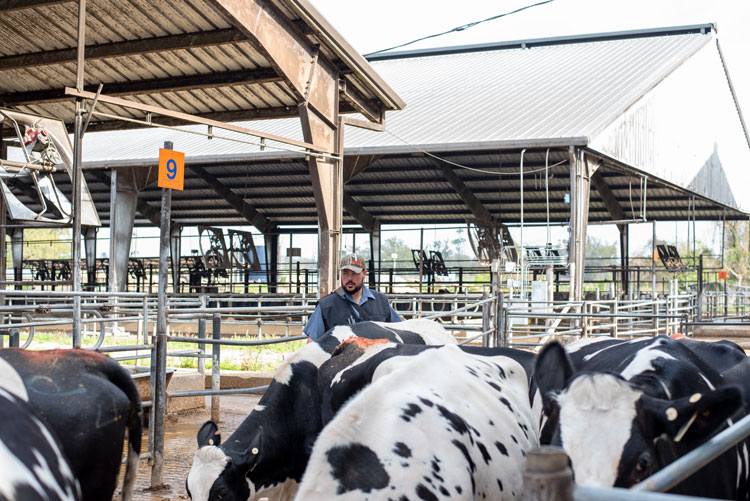
Farmers, farm employees, and most veterinarians across the country have been deemed essential personnel because of their agricultural services, but that does not make them immune from the threat of COVID-19. As some individual states have amended their veterinary-client-patient relationship (VCPR) guidelines to allow more distance between farms and veterinarians in order to slow the spread, the FDA followed suit.
There is no evidence that the current novel coronavirus can be spread to humans from livestock animals. But in order to limit interaction and potential spread among the handlers of livestock, the FDA has temporarily suspended enforcement of part of the federal VCPR that requires animal examination for certain treatments.
Treatment can still happen
Veterinary visits to the premise where any sick animals are housed are normally required for use of extra-label drugs or drugs governed by the veterinary feed directive (VFD), according to the FDA. However, these physical examinations will not need to happen for the foreseeable future.
Veterinarians should instead make more use of telemedicine, such as videos and video calls, to allow for treatment when they cannot or should not get to a patient. Without having to physically visit a herd owner or manager, a veterinarian will still be able to prescribe extra-label treatment for an animal’s illness and approve the use of regular products that fall under the VFD.
The guidance document helps ensure that animal health standards are not compromised to protect that of humans, and vice versa.
It is important to note that the FDA’s statement suspends enforcement of federal regulations only. Veterinarians should still consult their state-level VCPR requirements.
Concurrently, the American Association of Bovine Practitioners (AABP) has been working with the National Milk Producers Federation and other organizations to get veterinarians and producers the information and help they need to deal with this outbreak. AABP’s recommendations can be found here.








